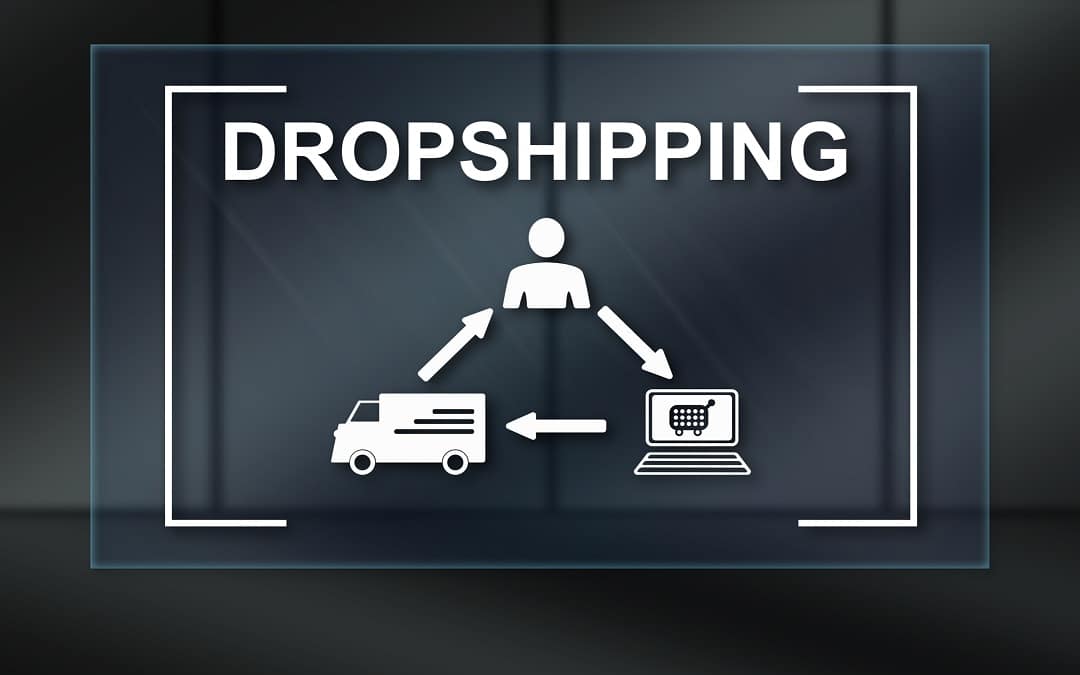As the e-commerce landscape continues to evolve, dropshipping has emerged as a popular business model for entrepreneurs looking to enter the online retail space. However, navigating the complexities of UK tax regulations can be challenging for dropshippers. In this comprehensive guide, we’ll explore the key aspects of dropshipping taxes in the UK to help you stay compliant and maximise your business’s financial success.
Understanding Taxes for Dropshipping
Dropshipping businesses in the UK are subject to various taxes, primarily Value Added Tax (VAT) and Income Tax or Corporation Tax, depending on your business structure. As a dropshipper, it’s crucial to understand these tax obligations to avoid potential legal issues and ensure your business operates smoothly.
VAT Registration for Dropshippers
VAT registration is a critical consideration for dropshippers in the UK. You must register for VAT if your taxable turnover exceeds the current threshold of £90,000 in a 12-month period. However, even if you’re below this threshold, voluntary registration can be beneficial, especially if you’re dealing with VAT-registered suppliers or selling to VAT-registered businesses.
Importantly, if your dropshipping supplier is located outside the UK, the VAT registration threshold doesn’t apply. In this case, you may need to register for UK VAT before you make your first sale to the UK. This is a crucial point that many dropshippers overlook, so it’s essential to understand your supplier’s location and its implications on your VAT obligations. If the intrinsic (the sales value of the product, but not including shipping charges if billed separately) value of your shipments is less than £150 then VAT is not accounted for at the point of sale, but at the time of import and responsibility for the VAT will depend upon who is the “importer on record”. This could be the dropshipper, the customer or supplier.
VAT Implications for Dropshippers
Once VAT registered, you’ll need to charge VAT on your sales to UK customers. The standard VAT rate is currently 20%, although some products may be subject to reduced rates or zero-rated. It’s essential to accurately account for VAT on your sales and purchases to ensure compliance with HMRC regulations.
Managing VAT Compliance
Staying compliant with VAT regulations involves:
- Keeping accurate records of all sales and purchases
- Submitting VAT returns on time (usually quarterly)
- Paying any VAT due to HMRC
- Issuing VAT invoices to your customers
To streamline your VAT management process, we recommend using Xero as your core accounting software with A2X integrated on top to link your marketplace or platform. This combination provides robust e-commerce integration capabilities, making it easier to manage your accounts across various sales channels while ensuring accurate VAT reporting.
Income Tax for Dropshippers
As a dropshipper, you’ll also be liable for Income Tax or Corporation Tax on your business profits, depending on your business structure:
- If you’re operating as a sole trader, you’ll be subject to Income Tax on your profits.
- If you’ve set up a limited company, your business will be liable for Corporation Tax on its profits.
The amount of tax you pay depends on your total taxable income and your tax band. It’s crucial to maintain detailed records of your income and expenses to accurately report your profits to HMRC.
It’s worth noting that if you’re a dropshipper based overseas, your profits are likely to be taxable in your country of residence instead. However, you should always consult with a tax professional familiar with international tax laws to ensure compliance in both your home country and the UK.
Deductible Expenses for Dropshippers
To minimise your tax liability, it’s important to claim all eligible business expenses. Common deductible expenses for dropshippers include:
- Website hosting and maintenance costs
- Marketing and advertising expenses
- Home office expenses (if applicable)
- Shipping and packaging costs
- Software subscriptions
- Professional fees (e.g., accountant or lawyer fees)
Keeping thorough records of these expenses will help you maximise your deductions and reduce your overall tax burden.
Assessing the Impact of Brexit
Brexit has introduced new considerations for dropshippers dealing with EU suppliers or customers. Key changes include:
- New VAT rules for imports from the EU
- Potential customs duties on goods entering the UK
- Changes to distance selling thresholds for sales to EU customers
Alongside Brexit, another significant change was the removal of Low Value Consignment Relief (LVCR). Previously, LVCR allowed many UK dropshippers to avoid VAT registration on low-value imports. Its removal means that more dropshippers now need to register for VAT, regardless of their turnover.
It’s essential to stay informed about these changes and adjust your business practices accordingly to remain compliant with both UK and EU regulations.
Conclusion
Navigating the complexities of UK tax regulations for dropshipping businesses can be challenging, but it’s crucial for long-term success and compliance. By understanding your VAT and Income Tax or Corporation Tax obligations, managing your expenses effectively, and staying informed about regulatory changes, you can build a solid foundation for your dropshipping business.
Remember, tax laws and regulations can change, and every business situation is unique. To ensure you’re fully compliant and maximising your tax efficiency, it’s always best to consult with a professional accountant specialising in e-commerce businesses.
Ready to take your dropshipping business to the next level? Book a meeting with our expert e-commerce accountants today. We’ll help you navigate the complexities of UK tax regulations, optimise your financial strategy, and set your business up for long-term success. Don’t leave your tax compliance to chance – let’s work together to secure your dropshipping future.
Don’t set sail on the VAT sea alone. As VAT accountants for e-commerce businesses, our service is designed to support and assist your business. Get in touch with us today, and let us chart a course to success together on 01942 725419.

